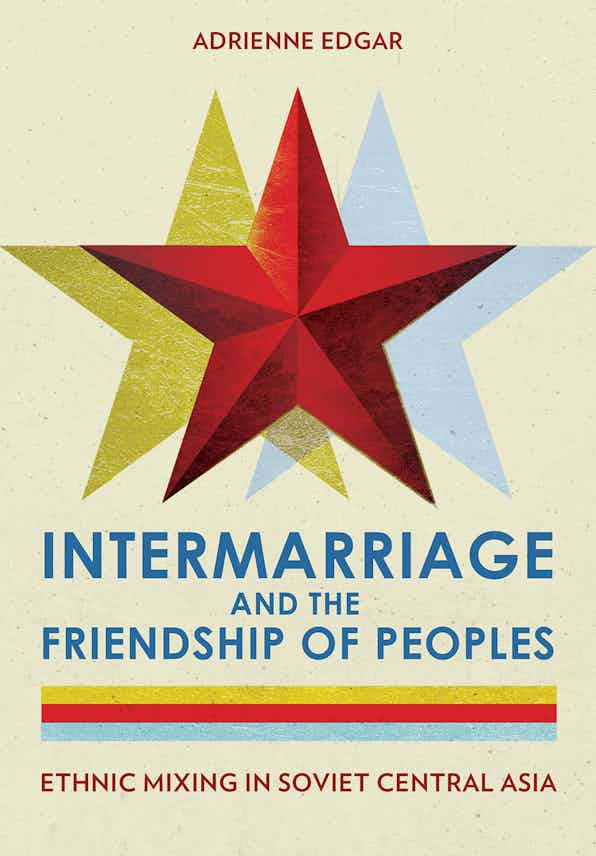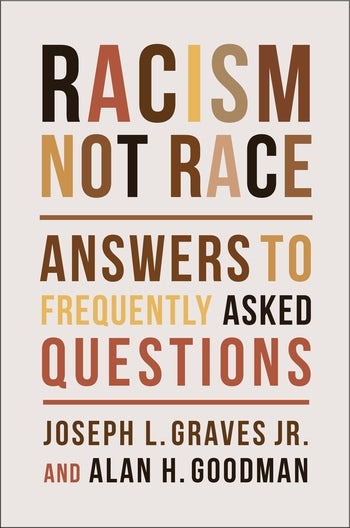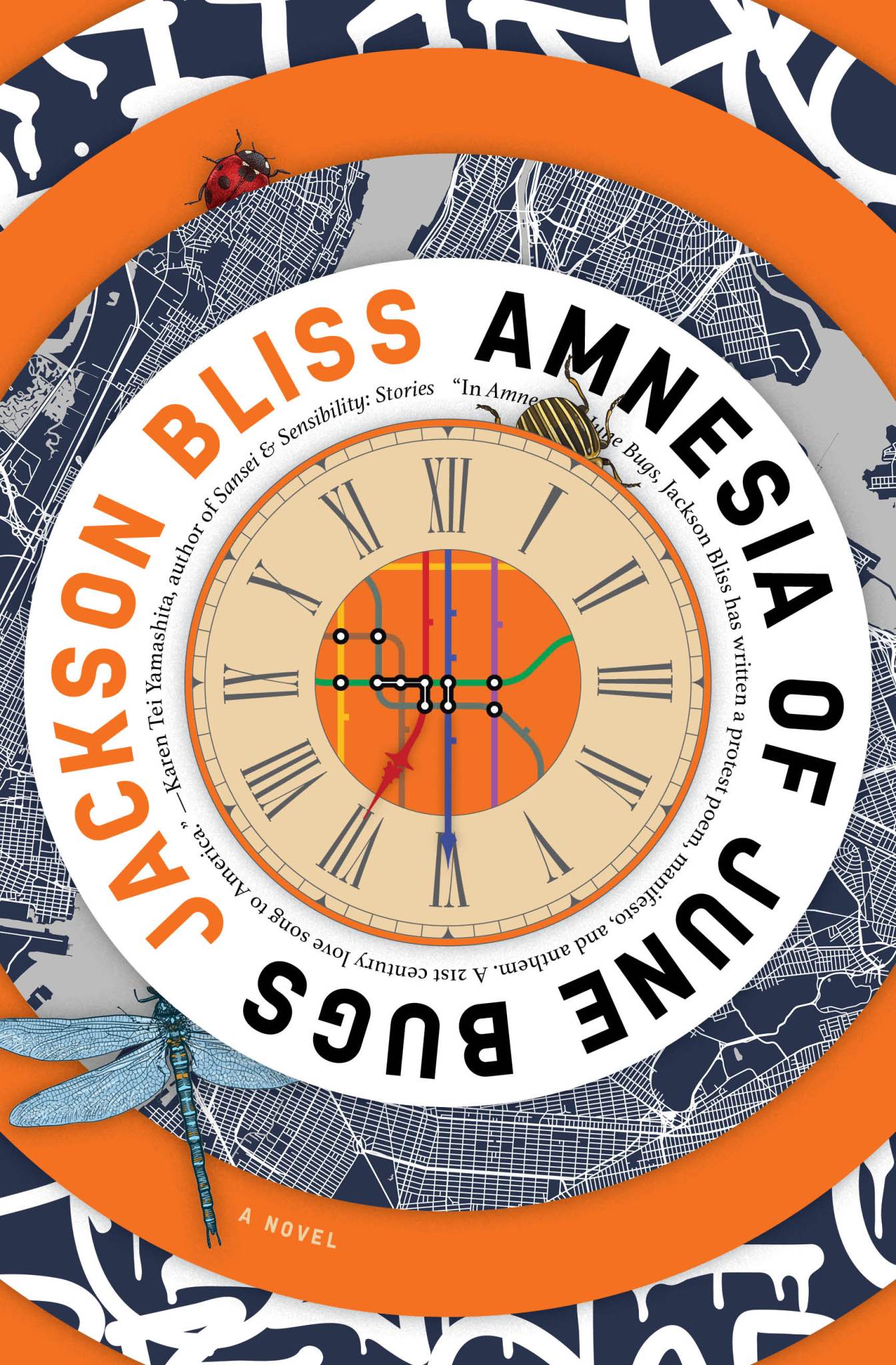The Burdened Virtue of Racial PassingPosted in Articles, History, Literary/Artistic Criticism, Media Archive, Passing, Philosophy, Politics/Public Policy, United States on 2022-05-16 19:38Z by Steven |
The Burdened Virtue of Racial Passing
The Boston Review
2022-05-13
Meena Krishnamurthy, Assistant Professor of Philosophy
Queen’s University, Kingston, Ontario, Canada

Though a means of escaping and undermining racial injustice, the practice comes with own set of costs and sacrifices.
In Nella Larsen’s 1929 novel Passing, adapted by Rebecca Hall and distributed on Netflix last fall, Clare Kendry—a light-skinned Black woman—decides to pass as white. Clare grows up poor in Chicago; after her alcoholic father dies, she is taken in by her racist white aunts. When she turns eighteen she marries a rich white man who assumes she is white. Clare makes a clean escape until, some years later, she runs into her childhood friend, Irene Redfield, at a whites-only hotel; Irene, it turns out, sometimes passes herself, in this case to escape the summer heat. The storyline traces their complex relationship after this reunion and ends in tragedy for Clare.
Hall’s film adaptation joins several other recent representations that dramatize the lived experience of passing. The protagonist of Brit Bennett’s best-selling novel The Vanishing Half (2020), for example, decides to start passing as white in the 1950s at age sixteen after responding to a listing in the newspaper for secretarial work in a New Orleans department store. Much to her surprise, after excelling at the typing test, Stella is offered the position; her boss assumes she is white. Initially Stella keeps up the ruse just to support her and her sister, but passing also becomes a way for her to escape the trauma of her father’s lynching and the prospect of her own…
Read the entire article here.










